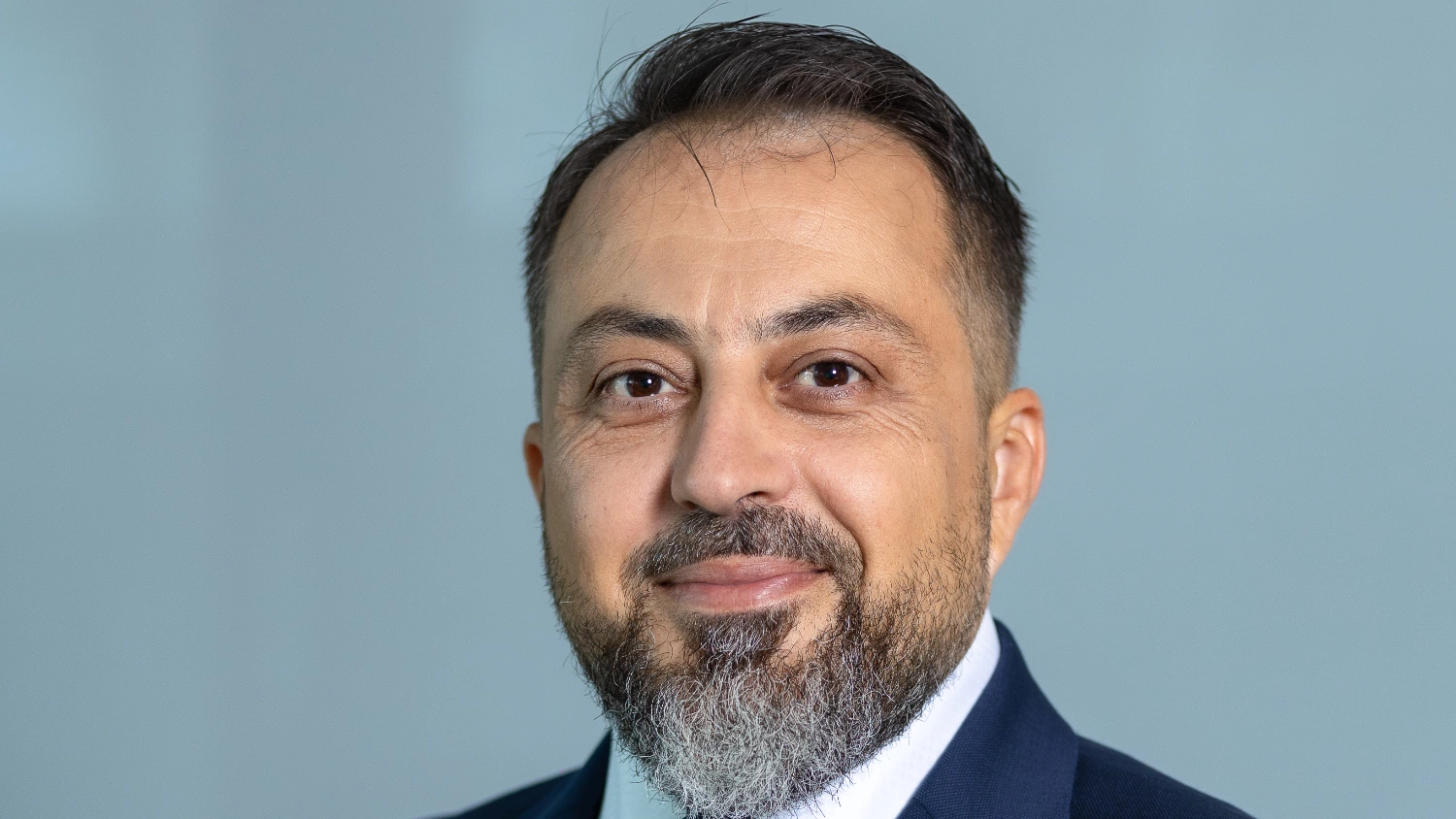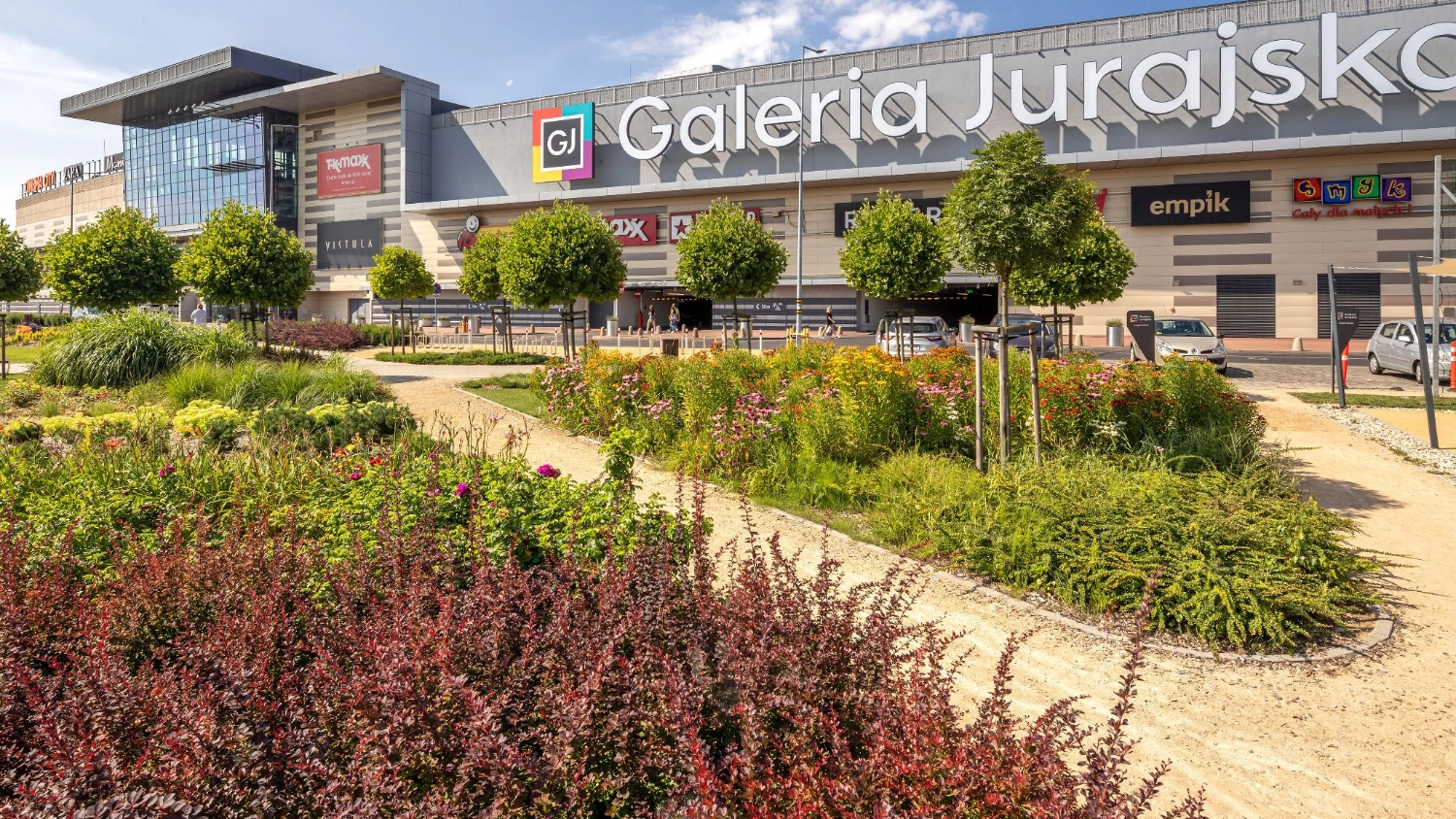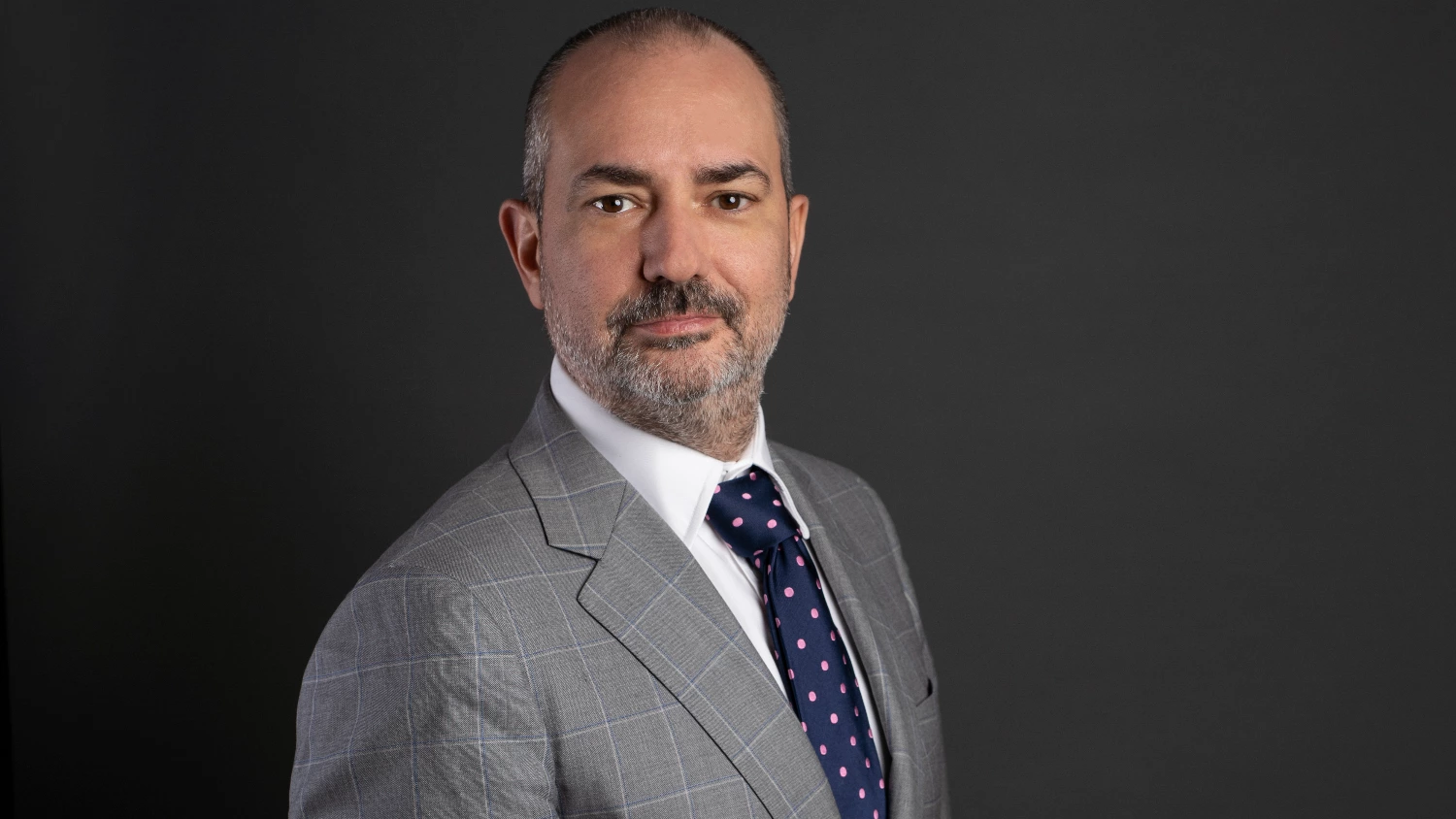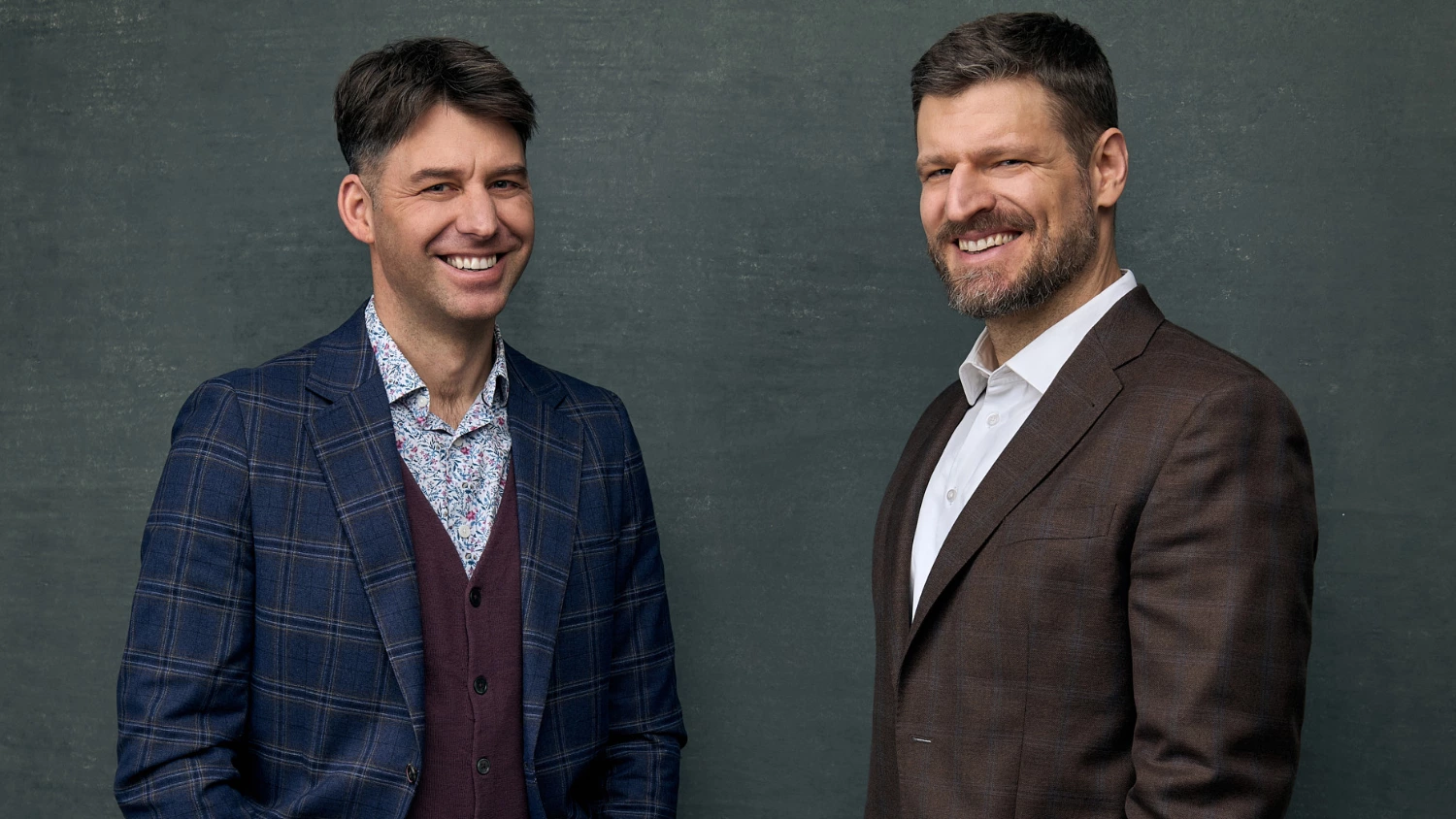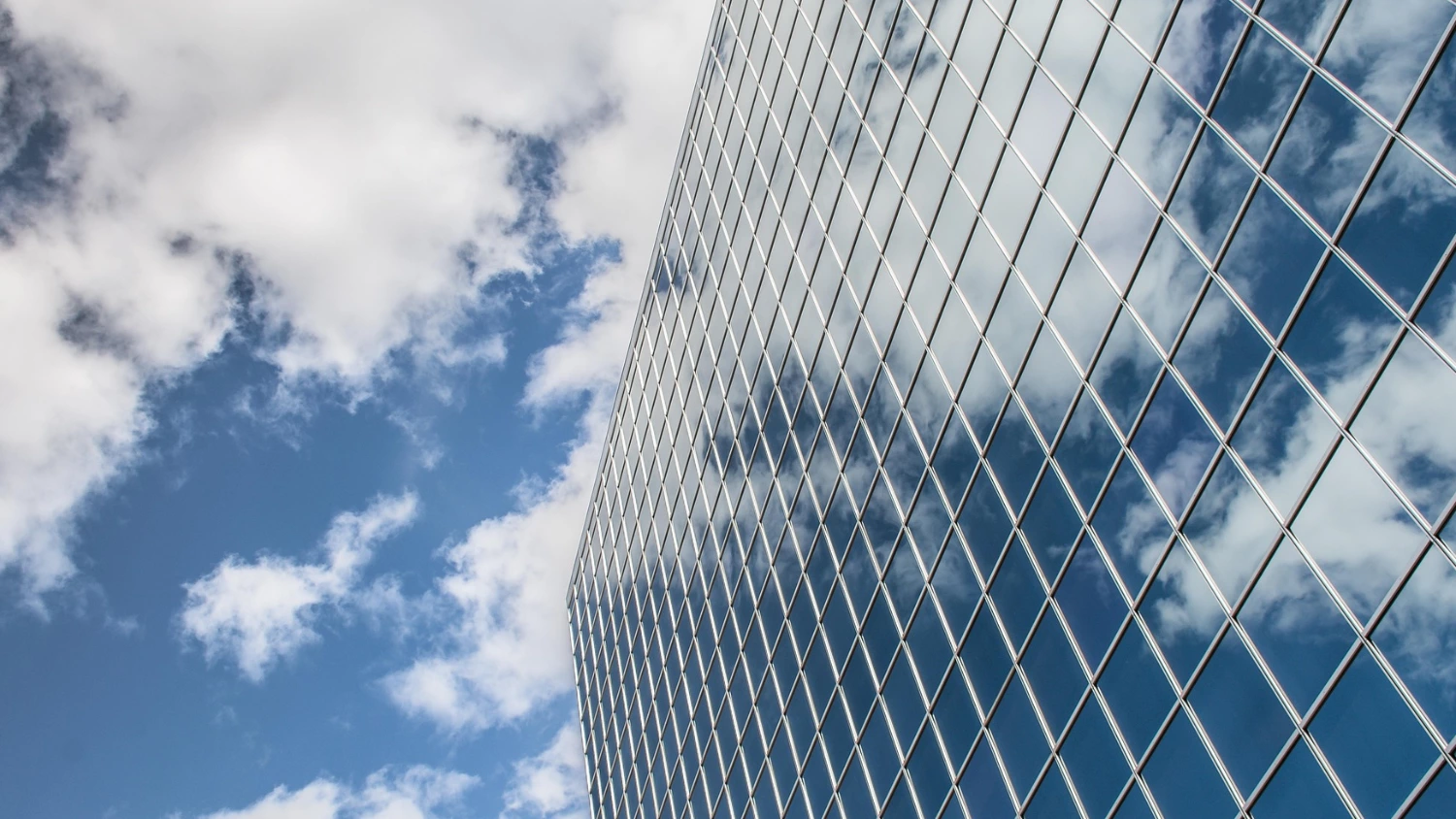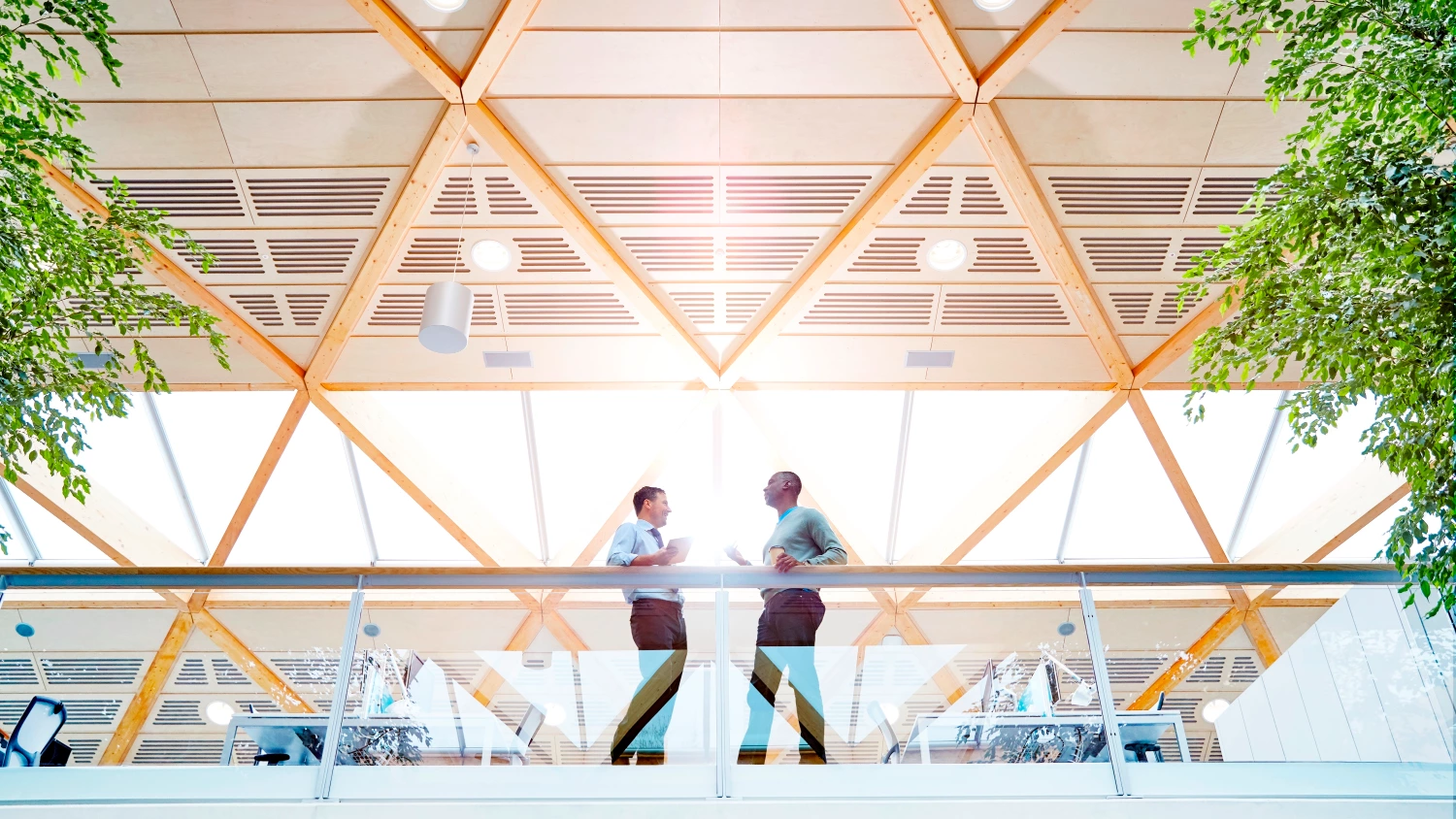What trends in tenant behavior or market dynamics led Vastint Romania to develop its own flexible leasing concept?
Over the past few years, we've seen a shift in how companies think about office space. The traditional long-term lease is no longer the only model that fits their business reality. Some organisations need to stay agile — they plan in shorter cycles, their headcount fluctuates more often, and hybrid work has changed how people use the office. At the same time, tenants still expect the same high standards in terms of sustainability, comfort, and design — they don't want to compromise on quality, location, or brand image just because they need flexibility.
This combination of agility and aspiration is what led us to implement 'Ready Flex Space' — our own flexible leasing concept. It allows companies to access fully furnished, autonomous office modules on short-term agreements, within the same buildings where we host large corporate headquarters.
Essentially, it brings the flexibility usually found in coworking concepts into the stability and quality of a premium, LEED Platinum-certified environment. We also observed that many of our existing clients needed short-term swing space for project teams, pilots, or temporary expansions. Instead of having them searching for complicated, expensive solutions, if available, we wanted to offer that flexibility within the Vastint Romania ecosystem, so we brought it to Business Garden Bucharest. After the resounding success we had with this concept in Business Garden Bucharest and other European countries where Vastint has implemented the concept, we are analysing the possibility of replicating it at Timpuri Noi Square as well.
How important is tenant mix in shaping the identity and appeal of your development?
Tenant mix plays a defining role in shaping both the identity and the long-term success of our projects. For us, it's never just about filling space — it's about curating a community. At Timpuri Noi Square, for example, technology firms, creative industries, and professional services form the core of the community — soon to be joined by a vibrant food-hall and leisure area that will bring even more life and energy to the place. This next chapter is not just about adding new amenities; it's about strengthening the sense of connection between the people who work, meet, and spend time here. We see the food-hall as a natural extension of the project's character — open, lively, and inclusive — a space where work and leisure flow seamlessly together throughout the day.
Ultimately, a balanced tenant mix is one of the most powerful tools to shape the atmosphere, reputation, and enduring appeal of our developments. It's what turns buildings into communities — and communities into places people are proud to be part of.
With the upcoming expansion of Timpuri Noi Square adding over 60,000 sqm of leasable space, what types of tenants or industries are you targeting for this next phase?
With phase 2 of Timpuri Noi Square, the largest office development currently under construction in Bucharest, we're building on the strong foundation of the first phase — a diverse, dynamic community of tech, financial, creative, and professional services companies. For the next 60,000 sqm GLA, we're targeting tenants who share our vision of sustainable growth, innovation, and community.
We see strong interest from IT and business services, engineering, fintech, and R&D companies that value connectivity, energy efficiency, and access to talent. The central-southern location of Timpuri Noi — surrounded by key residential areas and well-served by metro, tram, and bike routes — makes it particularly attractive for employers who want to bring people together easily. In essence, we're targeting forward-thinking companies that want more than an address — they want an ecosystem that supports innovation, wellbeing, and sustainability.
How do you see the Romanian office market evolving going into 2026?
We expect a continued ‘flight to quality' and a clear bifurcation of demand. Tenants are consolidating into fewer, better buildings, those that are energy-efficient, well-located, and rich in services. As hybrid work stabilises, the office must earn the commute with great design, community programming, and smooth operations. That favours large, mixed-use urban projects with excellent public transport and everyday amenities on site.
Supply will remain disciplined. With limited new deliveries over 2024–2025, prime space will stay tight in the best locations, while older, inefficient stock faces pressure. Landlords who invest in meaningful upgrades—electrification, heat pumps, renewable generation, smart building systems, and high health & wellbeing standards—will outperform. ESG isn't a nice-to-have; it's the new leasing and financing baseline.
Community matters more than ever. Programming that builds culture—sports, volunteering, learning, food & social hubs—helps companies attract and retain people. Amenity-driven ground floors will become the ‘new lobby,' turning office buildings into daily destinations for teams and neighbours alike.
Against this backdrop, Vastint Romania is leaning into scale, sustainability, and service. Business Garden Bucharest continues to prove that green credentials and a campus mindset drive strong occupancy.
At Timpuri Noi Square, we are expanding with Phase 2 — adding around 60,000 sqm of GLA and a 6,000 sqm food-hall component — targeted for completion in Q4 2026. Our goal is simple: deliver fossil-free, highly efficient workplaces that help clients lower total occupancy cost, meet ESG targets, and give their teams reasons to come together.

